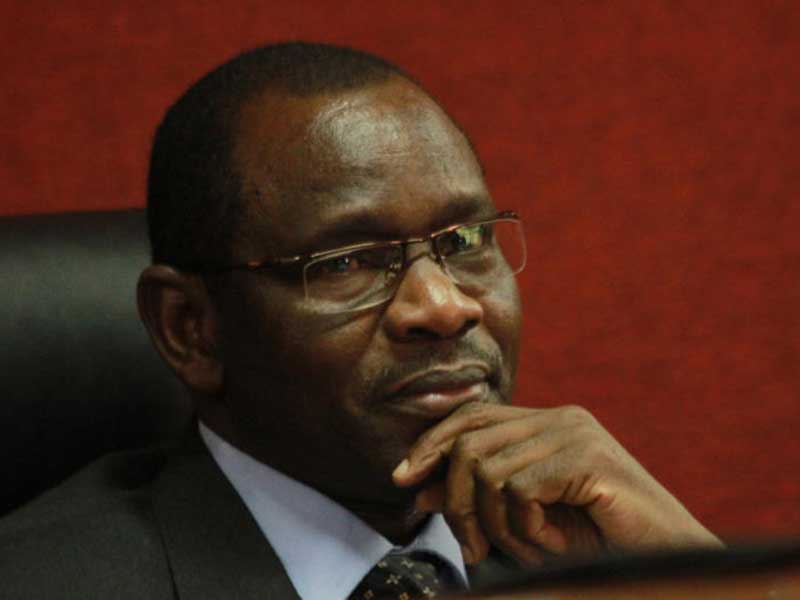×
The Standard e-Paper
Stay Informed, Even Offline

A decision to allow the Judicial Service Commission (JSC) to hold unrestricted sittings could open the door for MPs and MCAs to also pocket uncontrolled sitting allowances.
The decision by Justice Chacha Mwita yesterday benefits 12 JSC commissioners, but exposes taxpayers to similar demands by 416 MPs and 2,562 MCAs, who have also challenged, in court, the reduction of their sitting allowances.